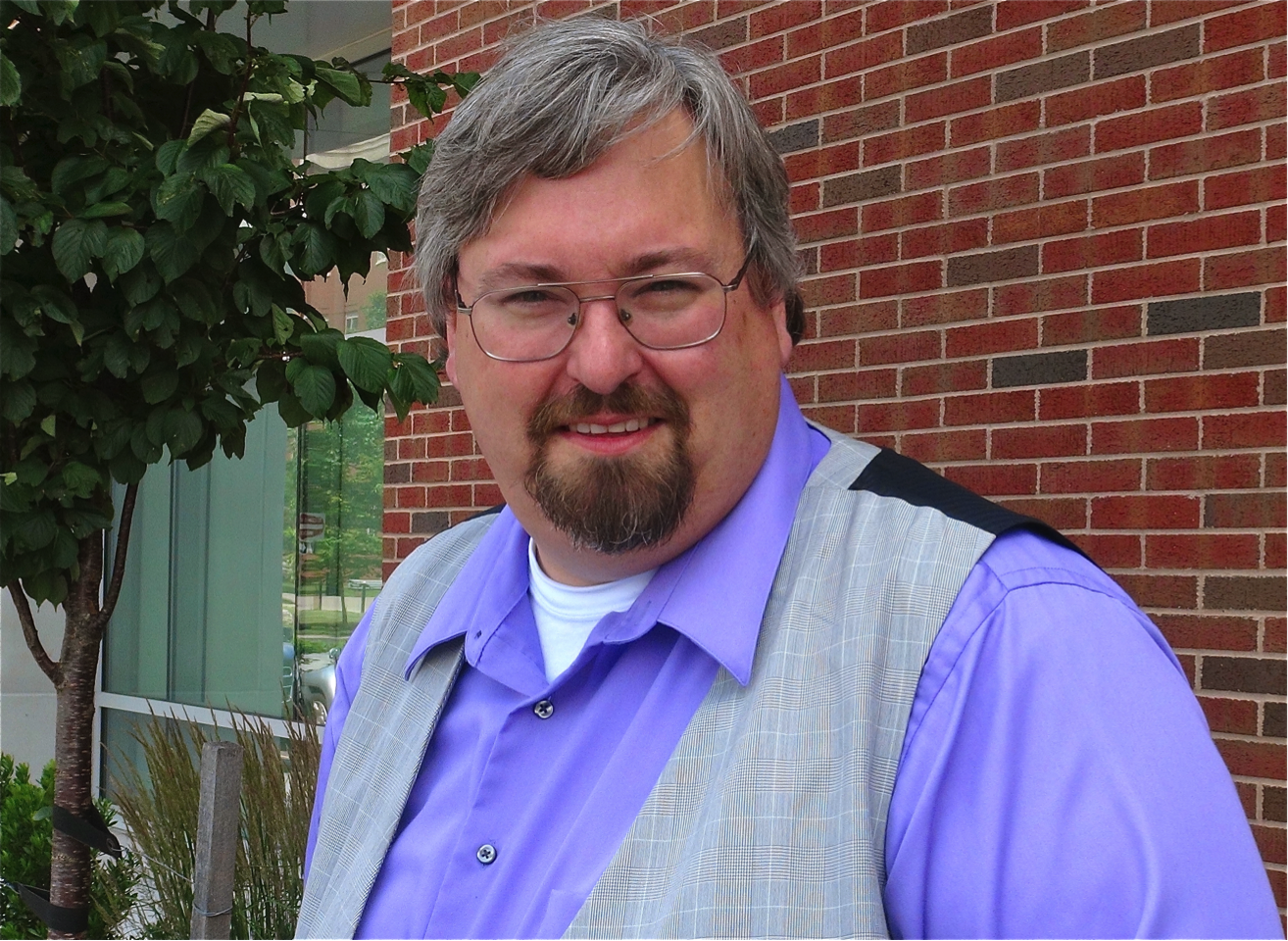Knowledge sharing and rigorous discussions with fellow scientists are the core to advancing biomedical sciences. This is why every year there are so many seminars, symposiums and conferences that bring the research community together to discuss various research topics.
At BenchSci, we strive not only to curate antibody usage data from publications (both open- and closed-access data), but also to connect scientists to opinion leaders in various antibody-based applications.
For the first article of our “meet an expert” series, we had the great pleasure of speaking with Dr. Timothy Bushnell on flow cytometry (FCT). Dr. Bushnell is the Director of flow cytometry core facility at the University of Rochester Medical Center.
For bench tips and best practices on flow cytometry from Dr. Bushnell, check out his blog and YouTube channel.

Can you introduce yourself to fellow scientists reading this article?
My PhD was in plant symbiotic associations, but at the time there was no job in that field, so I started a post-doc at the University of Rochester in early B-cell development. This was when I was first introduced to FCT to characterize the genotypes of the mouse model that we were trying to develop for early B-cell leukemia.
I immediately fell in love with FCT. As a Star Trek fan, I always joke that it was like my first “Tricorder”: I could put something in and I had a result!
In 2003, I was recruited by Dr. Craig Jordan, who started at Rochester as the Director of Translational Research for Hematologic Malignancies at the time, to run the FCT facility that he brought in. I was eventually promoted to the Director of the overall URMC flow cytometry facility in 2008.
I understand you have a side job running a online training program, Expert Cytometry, can you tell us more about that?
As I work with users coming to the facility, I realized early on that education was critical for people to be able to use the FCT technology and to get the most out of it. I started working with different groups to establish training programs, both internally and externally. This eventually led to the formation of Expert Cytometry in 2012, which started with the mission of providing scientists around the world with the education they needed for FCT. We have an online training platform where scientists can have access to the best practices provided by experts in the field, saving them the trouble of attending multiple meetings to obtain this information. We also have a private Facebook page where scientists can initiate discussions and get advices from FCT experts.
What made you fall in love with flow cytometry?
What’s special about the technology is that we can do single cell analytics. There’s just recently been a big push on single cell genomics, but FCT has been doing single cell analytics since its inception. We put in a million cells and we can analyze them at the population level, and we can see the distributions and expressions of different markers to characterize the cells. We can really get down to the single cell level to look at changes in various conditions, such as phospho-protein assays, apoptosis assays, cell cycle analysis and reactive oxygen generation. There’s very few things that you can’t do with FCT.
It is also a technology that impacts multiple disciplines, ranging from neurosciences, to cancer biology, to marine sciences.
What would you say is the biggest advancement in flow cytometry throughout the years?
I would say every phase of FCT is moving forward as a result of advanced technology. There are newer fluorochromes, better protein reagents and improvement in automated data analyses. Newer technologies have allowed us to take a simple concept and multiply what we can do with it.
I’m a big fan of the imaging flow cytometer, which allows us to combine FCT with microscopy and take multispectral images of the cells at a thousand cells per second. There is also CyTOF which has given us combined mass spectrometry using FCT principles so we can explore really high dimensional data at the single cell level, as well as a population study.
If I’m just starting my first flow cytometry experiment, do you have any suggestions?
I would say start by finding the papers that have published with the type of cytometry matching your study interest, and be open to ask the authors questions regarding the protocol. There are also many resources that you can take advantage of. For example, there’s a Purdue email listserv on FCT where you can ask questions, and there are online and on-site training programs provided by ISAC, Expert Cytometry and vendor websites.
Another great thing I would recommend is to attend the regional FCT meetings, where you can network with fellow scientists to learn about best practices and the latest trends.
How has BenchSci helped with your research?
It’s not always easy to find published data that support the use of antibodies. With the recent emphasis on the quality of antibodies and research reproducibility, it is critical that antibodies are selected based on the supporting evidence from the literature. A platform like BenchSci is very valuable because it helps me easily find antibodies from publications, and the capability to further sub-divide the data by a technique, or a clone, or a vendor really gives me the confidence that the antibodies will work as I build a multi-color flow panel.
{{cta(‘f01380a5-3b6c-47bb-855b-5acf4d6130d4’)}}